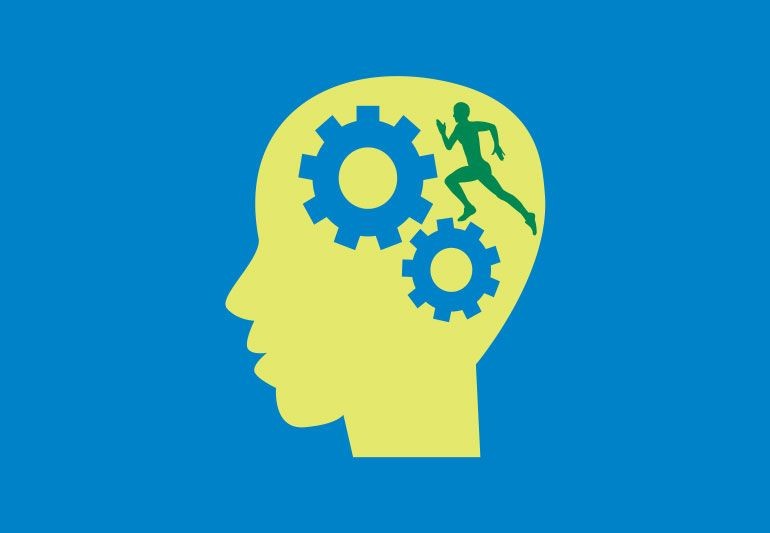.jpeg)
Sleep deprivation is when a person doesn’t get enough sleep. This can be a short-term issue, affecting one or a few nights, or it can be a chronic concern that lasts weeks or even months. Sleep deprivation can happen for countless reasons, many of them harmless, but it’s also a key symptom of certain health conditions. Sleep is something that everyone needs, and most people need a similar amount, depending on their age. That amount also changes with age. However, some people need more sleep to feel well-rested, while others need less, but these exceptions aren’t common. A change in your sleep patterns, gradual or sudden, is a reason to talk to a healthcare provider.Sleep deprivation can also take different forms. For some people, sleep deprivation happens because they stay awake instead of sleeping. For others, they’re still sleeping, but they aren’t getting quality sleep, so they still wake up feeling tired.
Sleep deprivation usually isn’t a major problem in limited, isolated amounts. However, research shows that chronic sleep deprivation can cause or contribute to a variety of health issues.
Your body needs sleep to regenerate certain systems and carry out certain processes. To understand more about that, it helps to know a little more about the human Sleep Cycle. That cycle involves different stages of sleep. Those are:
- Stage 1: Light sleep. This is a short stage, usually no more than 5% of your total sleep, which begins right after you fall asleep.
- Stage 2: Deeper sleep. This stage is deeper and makes up about 45% of all the time you spend sleeping (this number goes up as you get older). Research indicates this stage is key in memory storage and learning.
- Stage 3: Deepest sleep. This stage makes up about 25% of the time you spend sleeping (this number goes down with age). There’s evidence that this stage is the most important to how your body recovers and maintains itself because the brain prioritizes this stage in people with sleep deprivation. It’s very hard to wake someone up from this stage, and they’ll usually feel foggy or confused for up to 30 minutes after waking up.
- REM sleep: REM stands for “rapid eye movement.” This stage is when you dream. When a person is in REM sleep, you can see their eyes moving beneath their eyelids.
How to treat sleep deprivation?Sleep deprivation can happen for many reasons, which means there’s no one way to cure it. Depending on why it happens, it’s often a treatable condition. However, treatment for sleep deprivation can take many different forms. Some treatment approaches focus on changing how a person sleeps (or prepares for sleep), while others focus on treating whatever disrupts a person’s ability to sleep.
Some of the more common treatments for sleep deprivation and related conditions include:
- Behavior changes. Many people can prevent sleep deprivation simply by adjusting their sleep-related behaviors and pre-sleep routine.
- Medications. Various medications can help a person fall and stay asleep or change the way they sleep. Some medications can even change the way a person dreams, making it less likely that they’ll have severe nightmares or other sleep disturbances. However, many sleep-inducing medications can be habit-forming, so healthcare providers prescribe these cautiously.
- Breathing support methods. Conditions that affect breathing during sleep, such as sleep apnea, are treatable with various methods. These include different types of pillows and supports, mouthpieces that adjust your jaw position, surgery to widen your airway,positive airway pressure machines that keep your airway open while you sleep and more.
Comments (0)
Recent posts

.jpeg)
Overthinking
12 Dec 2022
Improve your memorey
12 Dec 2022.jpeg)
أهمية ڤيتامين د
7 Dec 2022



